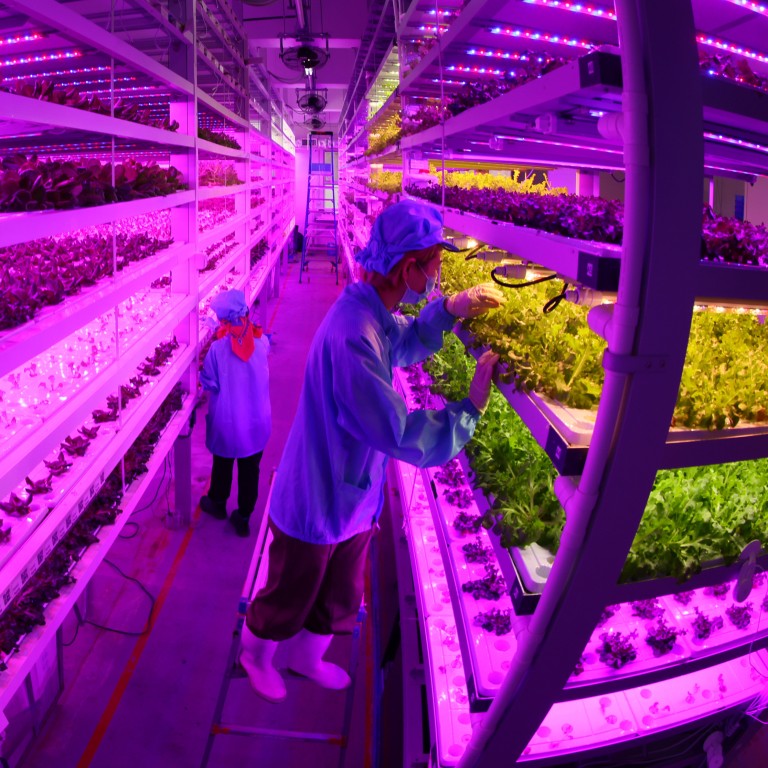
Farming initiative a worthwhile venture for Hong Kong
- Hong Kong will never be self-sufficient when it comes to food, but any move towards increasing local supply should be welcomed
For a city synonymous with finance and commerce, development of the farming sector may be the last thing on the minds of Hong Kong government officials. But to the credit of those in charge of agriculture and fisheries, the sector is set to be given a much-needed fillip. Under a blueprint unveiled by the Environment and Ecology Bureau, the annual production of cultured fish will rise from 600 tonnes to 1,200 tonnes within five years and to 6,000 tonnes within 15 years.
Officials also hope to make use of technology and eco-friendly methods to raise annual agricultural output from the current 15,000 tonnes to 60,000 tonnes during the period. The strategy also includes developing deep sea mariculture; modernised aquaculture; fisheries protection areas; urban farming; multi-storey enclosed livestock farms; and leisure farming and fisheries.
Welcome as it is, the venture will not be easy. From land and manpower shortages to innovation and technology, the challenges to farming are many and varied.
Currently, agriculture and fisheries account for 6 per cent of land use and less than 0.1 per cent of GDP. The gross value of local agricultural production totalled HK$1.384 billion in 2021. While the city is largely self-sufficient in terms of poultry supply, only 2 per cent of vegetables and 14 per cent of live pork come from local farms.
Hong Kong lays out food production goals, but can it find enough land and workers?
The need for a more diversified economy has long been recognised. Despite efforts by previous administrations, such as establishing funds for sustainable agriculture and fisheries development, progress on this front has been underwhelming. The action agenda set out in the latest blueprint, including creating the city’s first urban farm in Ma On Shan and multi-storey livestock farms, are expected to open up new opportunities. This is just the first of many more steps for better development.
The sector is not known for being a game changer when it comes to technology and innovation. This is not helped by a worsening manpower crunch in the city, making it even less appealing to newcomers. In any case, it would be unrealistic to expect the city could become self-sufficient in food supply in the long run. Officials must prove these efforts are worthwhile for the greater benefit of society.

